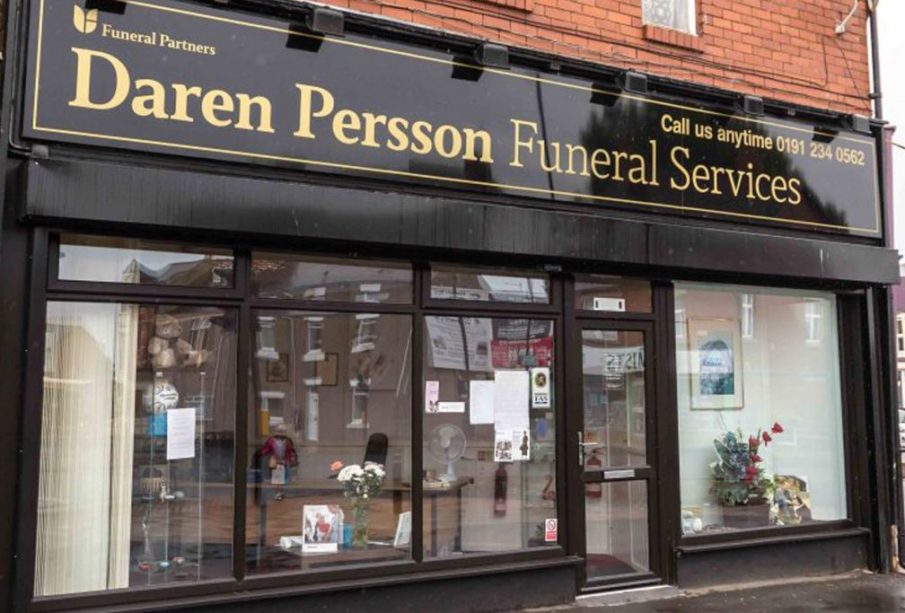Understanding the Role of a Funeral Director

The Importance of Funeral Directors
Funeral directors play a crucial role in providing support and guidance during one of life’s most challenging moments—the loss of a loved one. As professionals in the funeral service industry, they are tasked with helping families navigate the complexities of arranging a funeral, dealing with the legalities, and providing emotional support.
Essential Responsibilities
Funeral directors are responsible for a wide range of tasks. They assist families in making arrangements for the deceased, which include selecting a casket, choosing a burial or cremation option, and coordinating memorial services. Beyond logistics, they are trained to help families cope with grief and loss, ensuring that the emotional needs of the bereaved are also addressed.
Current Events and Trends
In recent years, the funeral industry has seen significant changes, particularly driven by technological advancements and shifting consumer preferences. Many funeral homes are now offering online options for planning services and purchasing products, making it easier for families to make arrangements at their convenience. The COVID-19 pandemic has also transformed how funerals are conducted, with many services being held virtually to accommodate social distancing regulations.
Regulations and Standards
The role of funeral directors is also heavily regulated to ensure that standards of care and professionalism are maintained. In the UK, the National Association of Funeral Directors (NAFD) oversees the industry’s ethical practices and provides guidelines for training and operation. They promote transparency and integrity in the services provided to the public, ensuring that families receive fair treatment and clear information.
Conclusion
The role of a funeral director is vital not only for the practical aspects of organizing a service but also for providing the emotional support that families need in their time of grief. As the funeral industry continues to adapt to modern demands, the importance of skilled and compassionate funeral directors remains steadfast. Families looking for guidance during such a difficult time should seek professionals who are not only knowledgeable but also empathetic to their needs. The future of funeral services appears to be evolving, balancing traditional values with innovative practices to support grieving families effectively.









